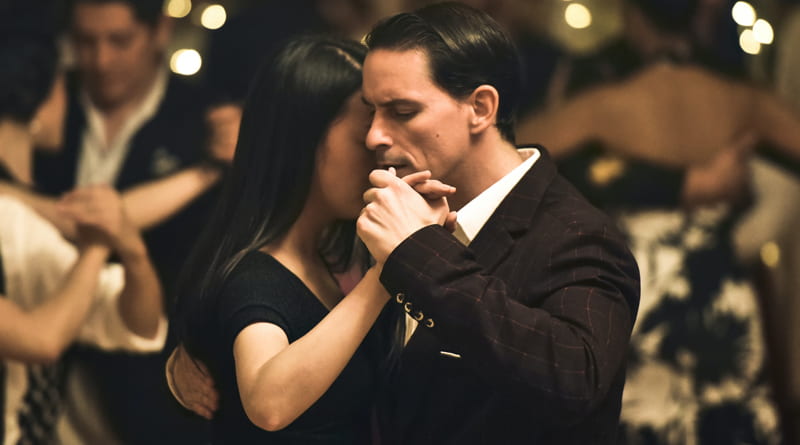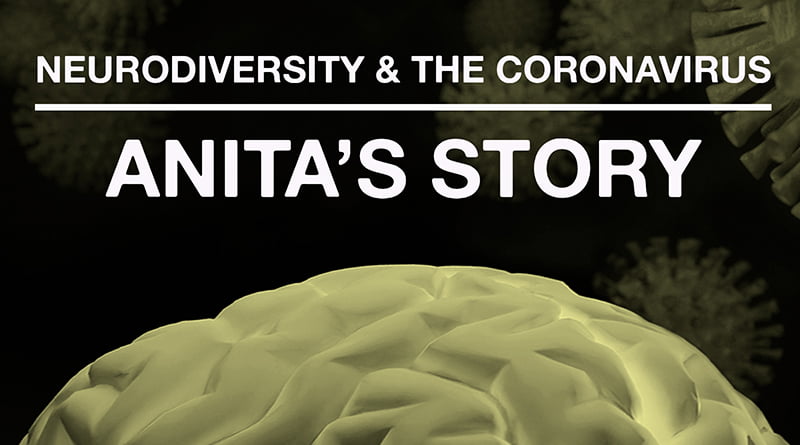
Honoring Your Limitations After a Traumatic Brain Injury
By David A. Grant
The sun rises, the sun sets, many of us go to work, care for our children, spend time with those we cherish, and never give much thought to the fact that life can change dramatically in the blink of an eye.
And so it was for me in November 2010. On a cold, blustery day here in New England, my life was forever changed. Local police estimate the speed of the teenage driver who broadsided me while I was cycling at 30-40 mph.
In two ticks of a clock, my life unexpectedly and abruptly changed course. I was thrown from my trusty bike into the strange new world of traumatic brain injury (TBI). I did not then know the scope of “America’s silent epidemic” in today’s society, blissfully unaware that more than 1.7 million Americans a year sustain a TBI.
Recovery from a brain injury is like nothing I have ever experienced.
If you are a survivor, you already know this. If you are a family member or a caregiver, you know this as well. But to live life as a brain-injury survivor, there are no past experiences I can draw upon that have helped me navigate this new and uncharted life territory.
In the days after my cycling accident, I saw doctors of many specialties. The orthopedic doctor let me know that my broken arm would heal, that I would be in a cast for a couple of months, and feel a bit of pain for six months. Right on cue, at the six month mark, my arm pain stopped.
But recovery from a brain injury cannot be defined by an end-date circled hopefully on a calendar, though I thought this at first. As my broken body began its slow crawl toward wellness, as my bones knitted, and as my bruises faded from black to yellow and then to memories, the extent of how my brain injury was affecting my life became clearer.
Life as a brain injury survivor is vastly different than I ever expected. Challenges I never considered in my old life can overwhelm me. Akin to learning to drive a new car, I am slowly learning how to navigate through life with my new limitations.
My journey to my “new normal” may or may not be typical. Brain injuries are like snowflakes—no two are alike. In the days after my injury, I had a CAT scan, an EEG, and other tests to see if my cognitive abilities were compromised. I passed all my early tests with high honors and was congratulated by many within the professional community for dodging a bullet.
But all was not well. Most all of my symptoms, those cues that let me know I had sustained a TBI, came slowly, in many cases weeks and months after my injury. Word-finding issues were among my first challenges. Then came significant challenges with my memory. We can add to the list a couple of new-found speech impediments: stuttering and aphasia.
Crawling Toward Recovery
On the outside, I “looked” normal. But under the hood, it was becoming very clear that something was wrong. Another trip to the neurologist revealed a new, multi-facetted diagnosis. Grateful that my body was mending, and still confused over some of my newest challenges, I was told I have a very clear-cut case of post-concussive syndrome.
At this same time, several months after my accident, I was also diagnosed with PTSD. By nature, I am hard-wired to be a problem solver, an overcomer. Whenever a life event comes to pass, the optimist in me tries to pull whatever positive I can from the experience and move on.
But with a brain injury, there is no end-game. There is no magical date on some future calendar page that is circled in red, perhaps with a smiley face, that I await. I have learned over the last couple of years that recovery from brain injury is lifelong. I have learned that the brain recovers in its own time, sometimes at glacial speed. And if I try to hurry the process, I am left disheartened and frustrated.
Life as a brain injury survivor is vastly different than I ever expected. Challenges I never considered in my old life can overwhelm me. Akin to learning to drive a new car, I am slowly learning how to navigate through life with my new limitations.
But there is good news. By being respectful of my new limitations, and surrounding myself with people who love me, who care about me, and who want me as well as I can be, I am building a new life after TBI.
Yes, much of it is more difficult. But much of it is surprisingly more wondrous. I have slowed down to a pace I never had before and now take time to see, feel, and experience my world with deeper appreciation than I ever thought possible.
David A. Grant is an internationally recognized brain injury advocate, freelance writer, keynote speaker and brain injury survivor based out of southern New Hampshire. He is the author of Metamorphosis, Surviving Brain Injury, a book that chronicles in the first year-and-a-half of his new life as a brain injury survivor. His second title, Slices of Life after Traumatic Brain Injury, was released in 2015. In 2016, David and his wife Sarah coproduced To Be Inspired: Stories of Courage and Hope after Brain Injury, a complication book of survivor stories. David is also a contributing author to Chicken Soup for the Soul, Recovering from Traumatic Brain Injuries and Chicken Soup for the Soul, Why I chose Gratitude.
As a survivor of a cycling accident in 2010, he shares his experience and hope through advocacy work including public speaking as well as his weekly brain injury blog. David is a regular contributing writer to Brainline.org, a PBS sponsored website. He is also a BIANH board member as well as a columnist in HEADWAY, the Brain Injury Association of New Hampshire’s periodic newsletter.
David is the founder of TBI Hope and Inspiration, a Facebook community with over 20,000 members including survivors, family members, and caregivers as well as members of the medical and professional community. In late 2016, David’s brain injury blog was awarded “Best Brain Injury Blog of 2016” by Healthline.org, a leading health information provider.
Together with his wife Sarah, they publish HOPE Magazine. HOPE Magazine is the world’s largest monthly magazine dedicated to brain injury of all kinds and is now ready in over thirty countries around the world. HOPE Magazine is a free, all-digital monthly magazine that features stories by brain injury survivors and those who love them.
When David is not in front of his keyboard, he can be found cycling the byways of southern New Hampshire.




